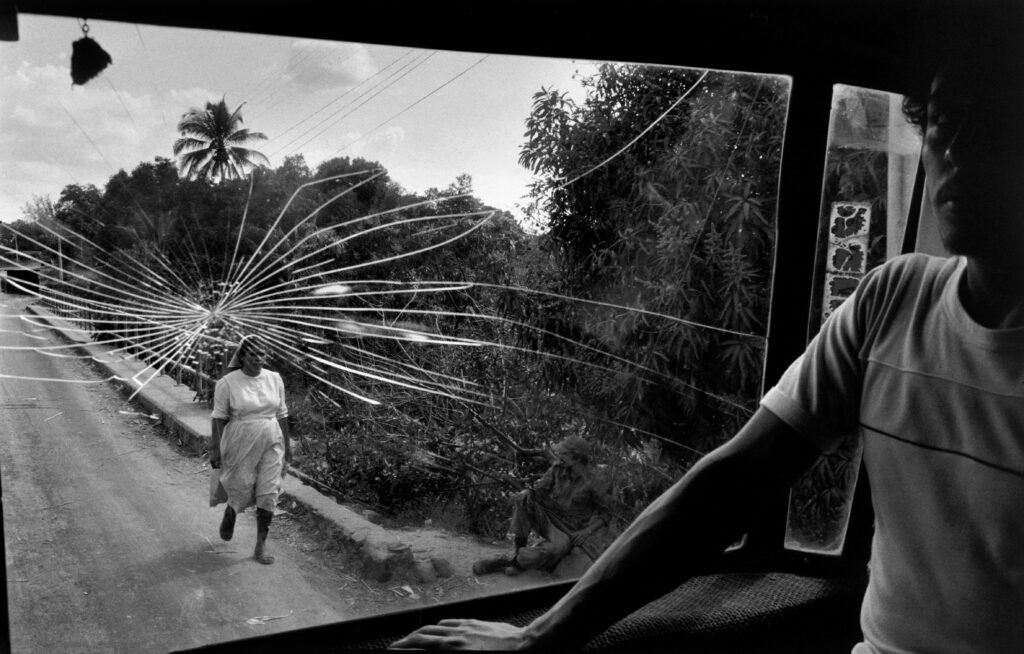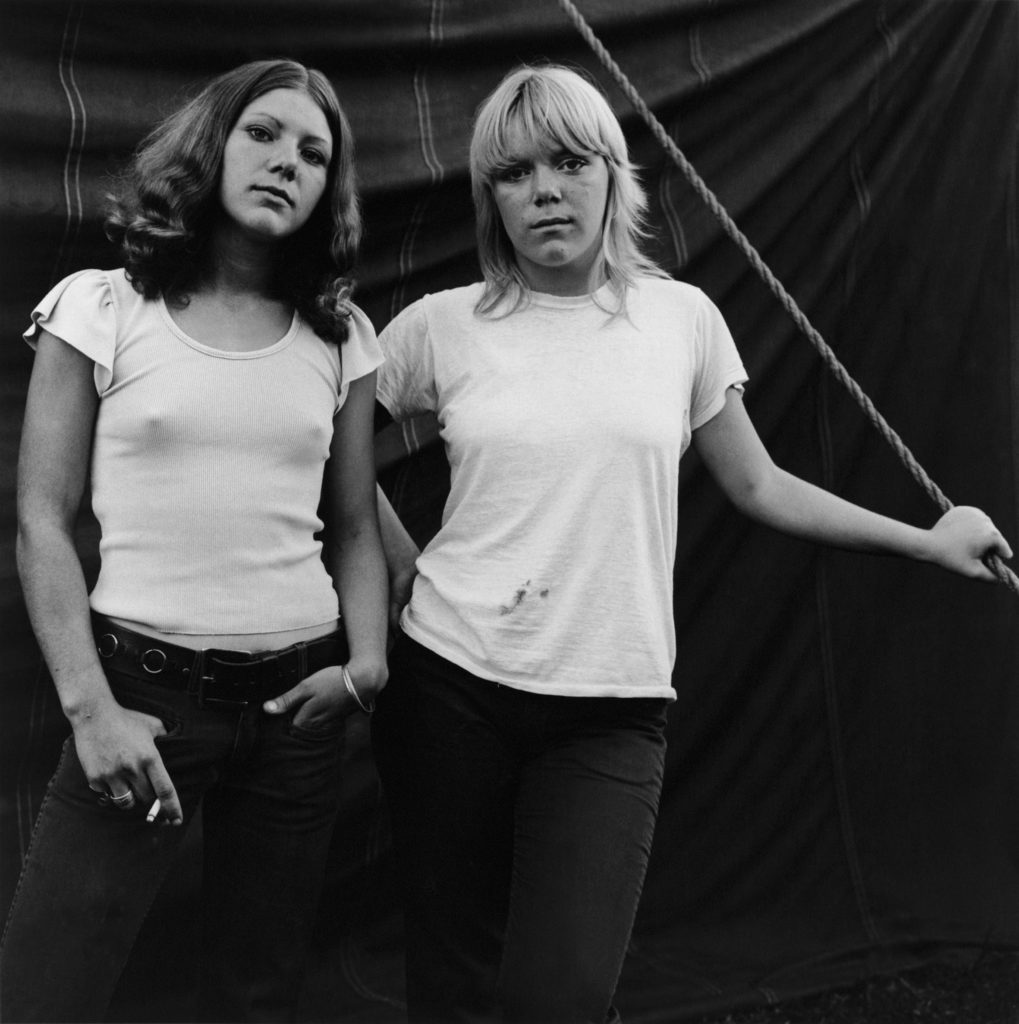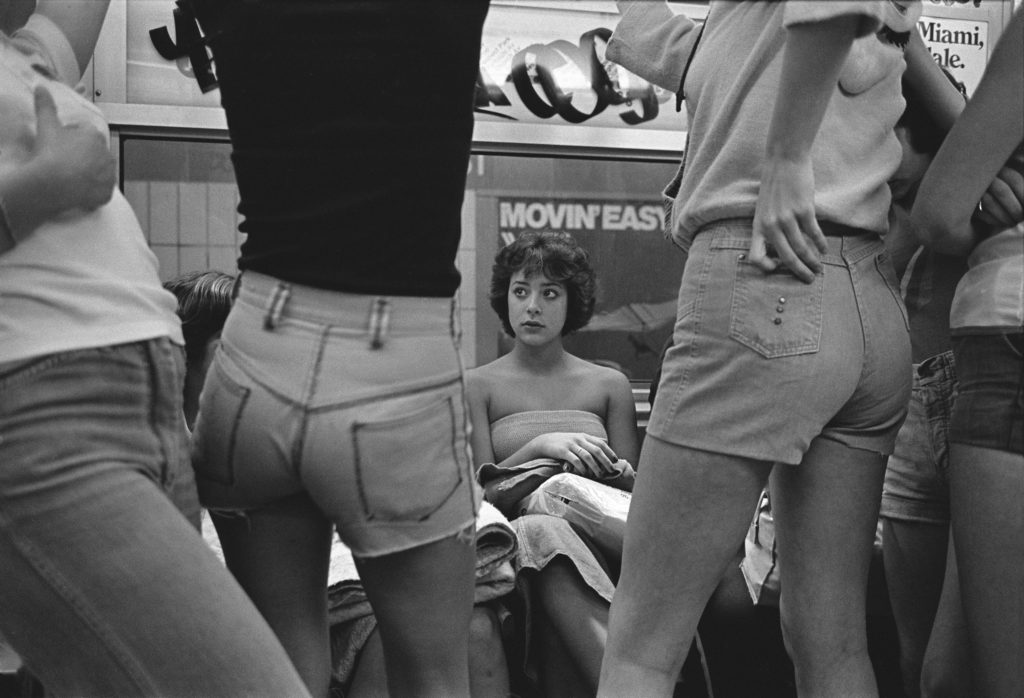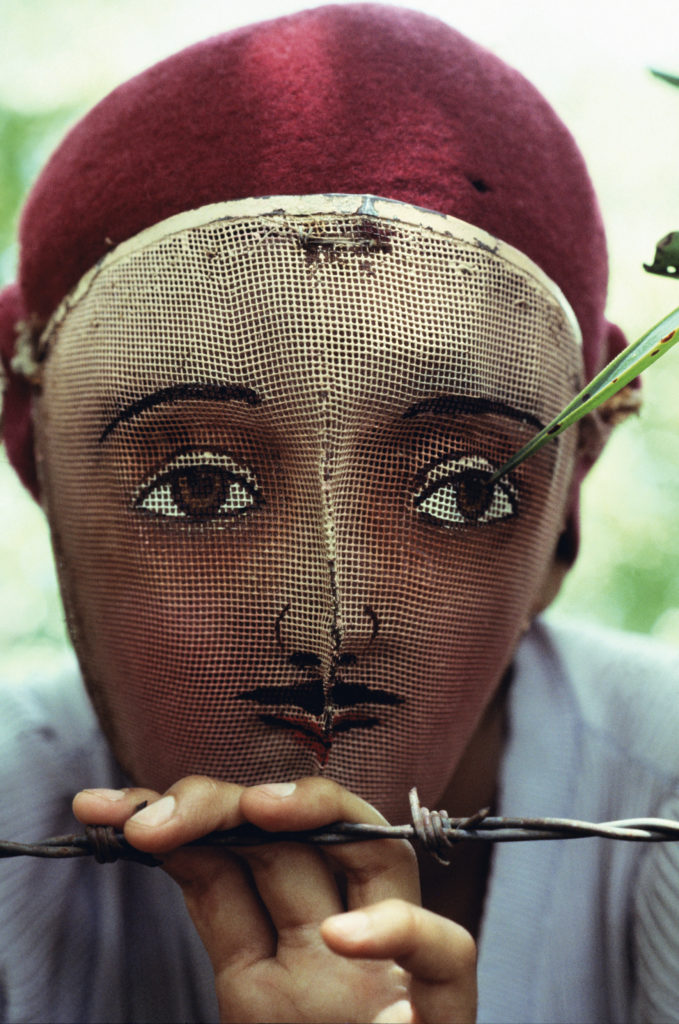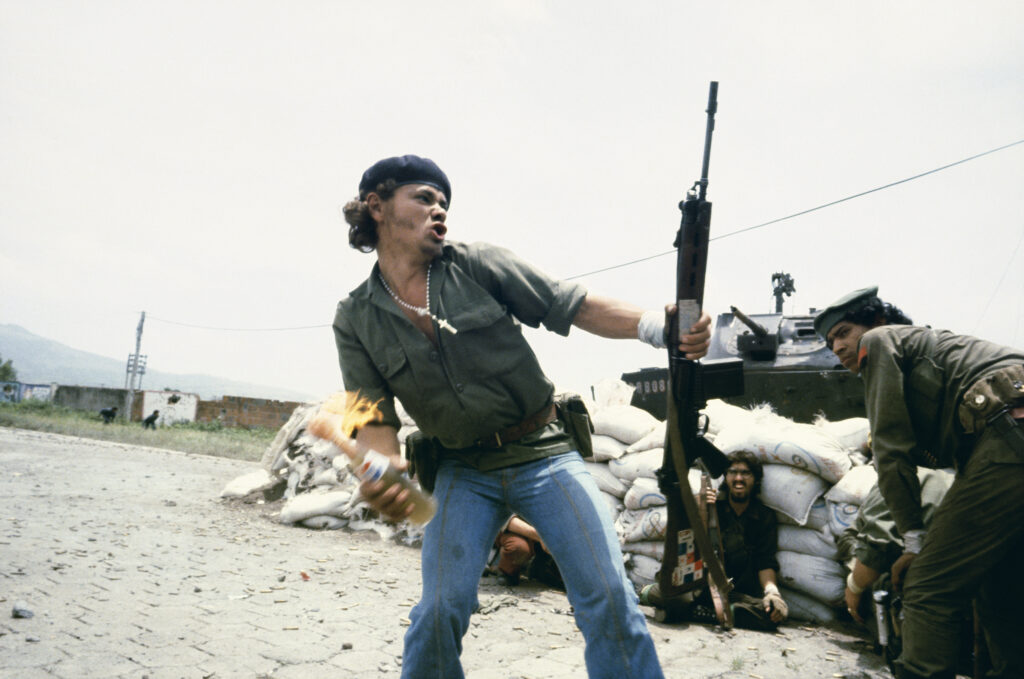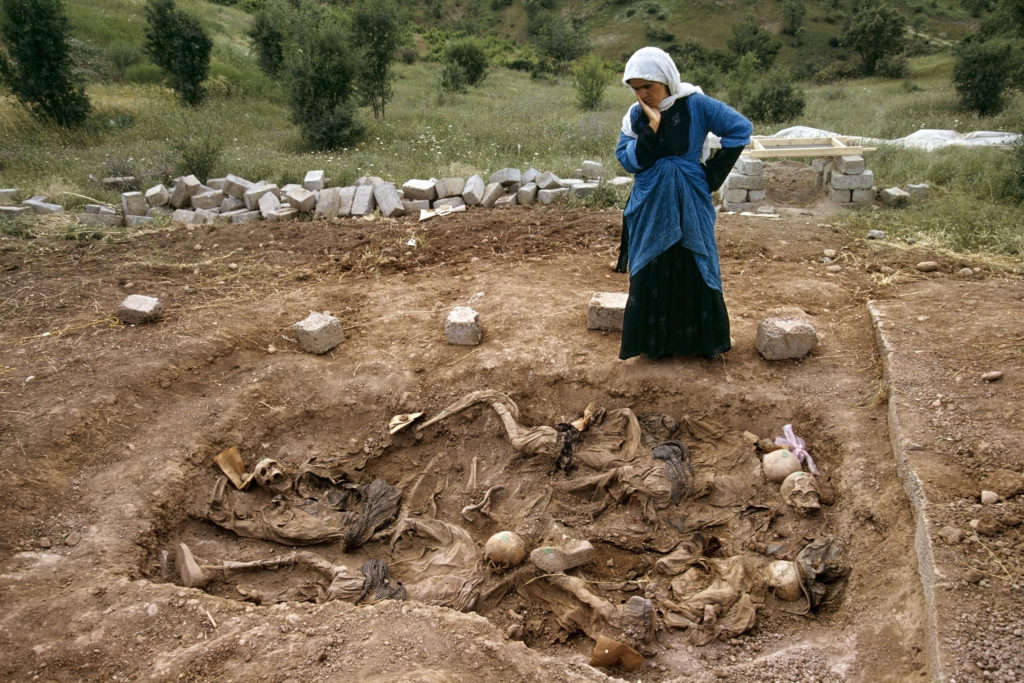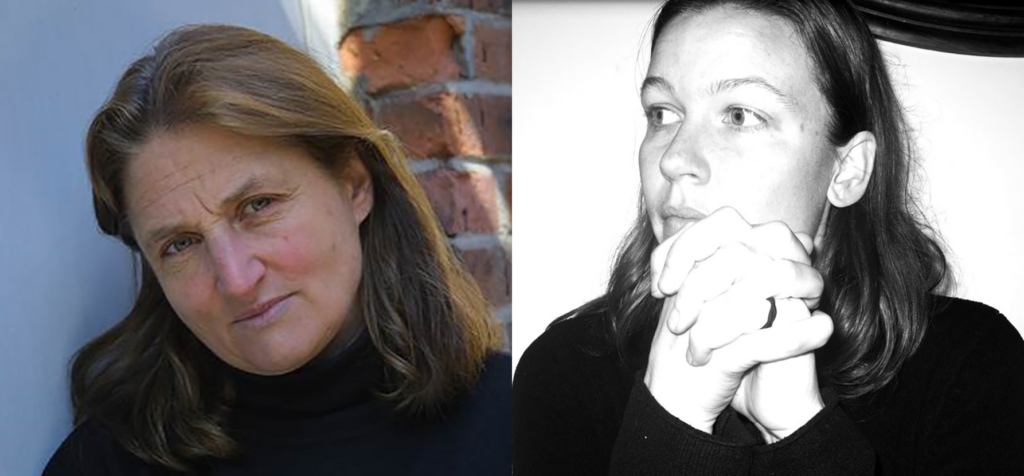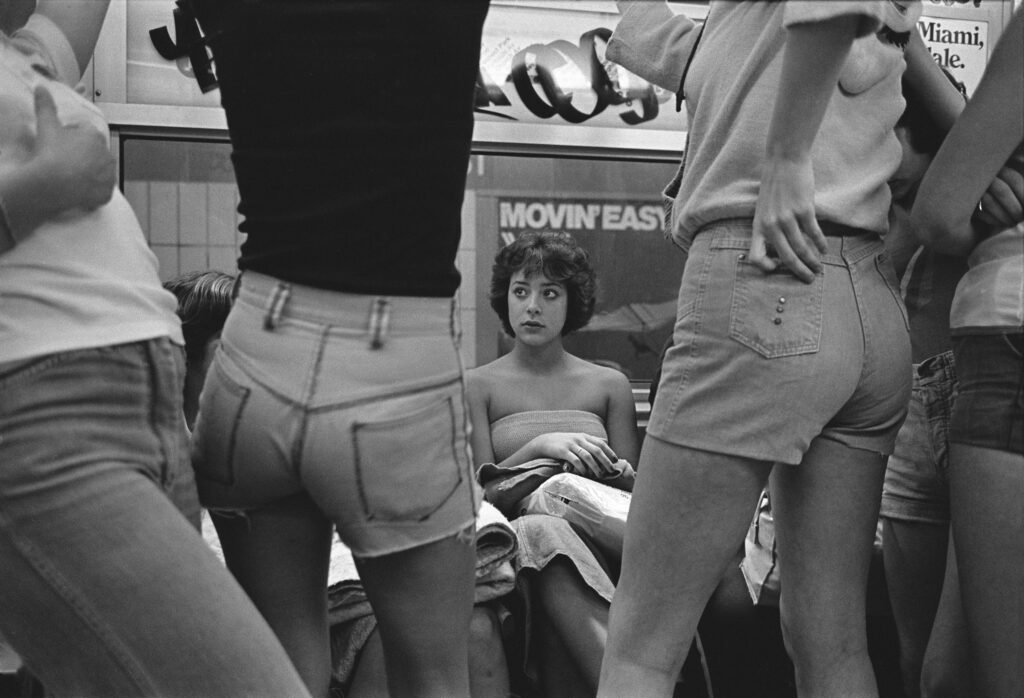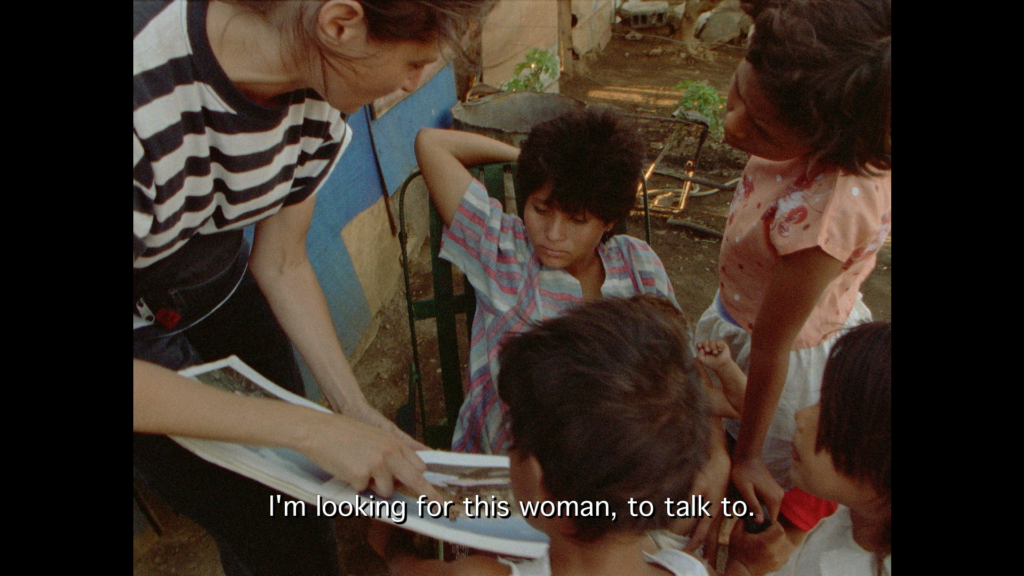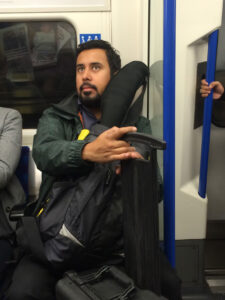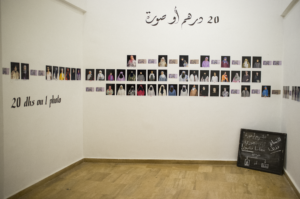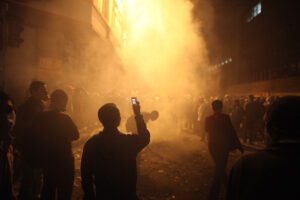Susan Meiselas
From war and human rights to cultural identity and domestic violence, Susan Meiselas’s (American, b. 1948) work covers a wide range of subjects and countries. This retrospective brings together projects from the beginning of her career in the 1970s to the present day, including her iconic portraits of carnival strippers, vivid color images of the conflicts in Central America in the 1980s, and an ongoing investigation into the history and aftermath of the Kurdish genocide. A member of Magnum Photos since 1976, Meiselas creates work that raises provocative questions about documentary practice, and the relationship between photographer and subject. The exhibition highlights her unique working method, combining photography, video, sound, and installation to explore different scales of time and conflict, ranging from the personal to the geopolitical.
Exhibition Preview
Susan Meiselas on “the ethics of seeing”
During the late 1970s and 1980s, Susan Meiselas photographed the violent civil wars in Nicaragua and El Salvador. She explains the graphic and disturbing stories behind specific gruesome images, and speaks more broadly about the ethics and responsibilities of a photographer documenting and engaging with history.
